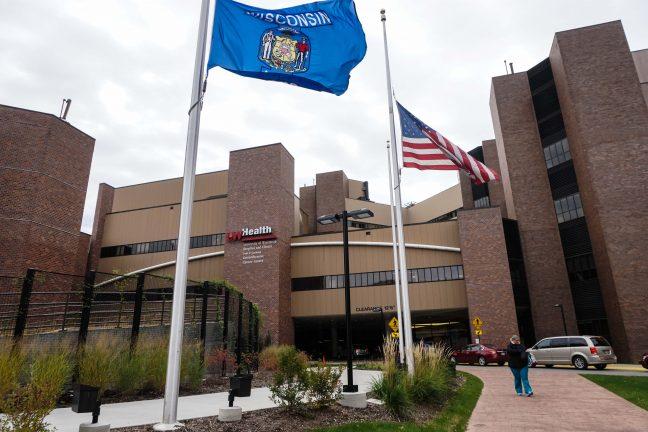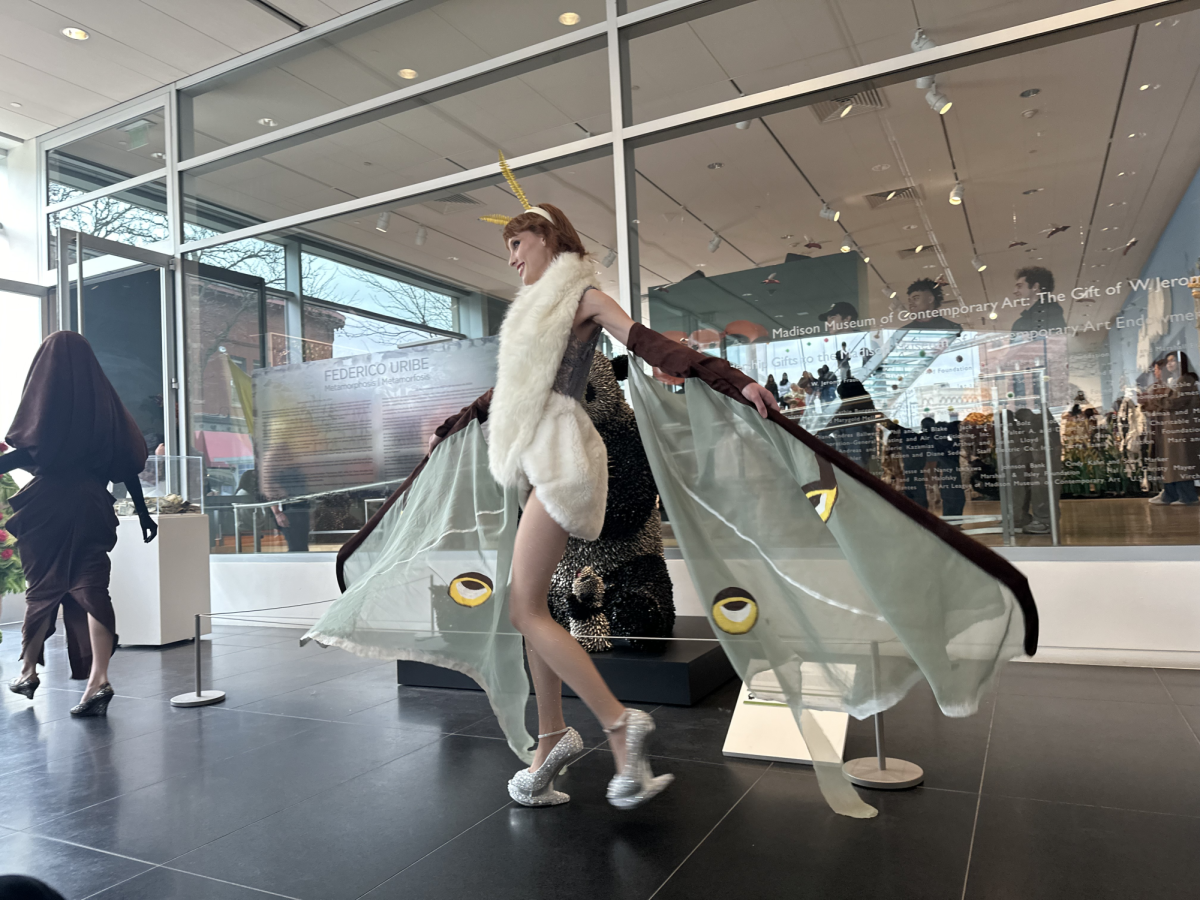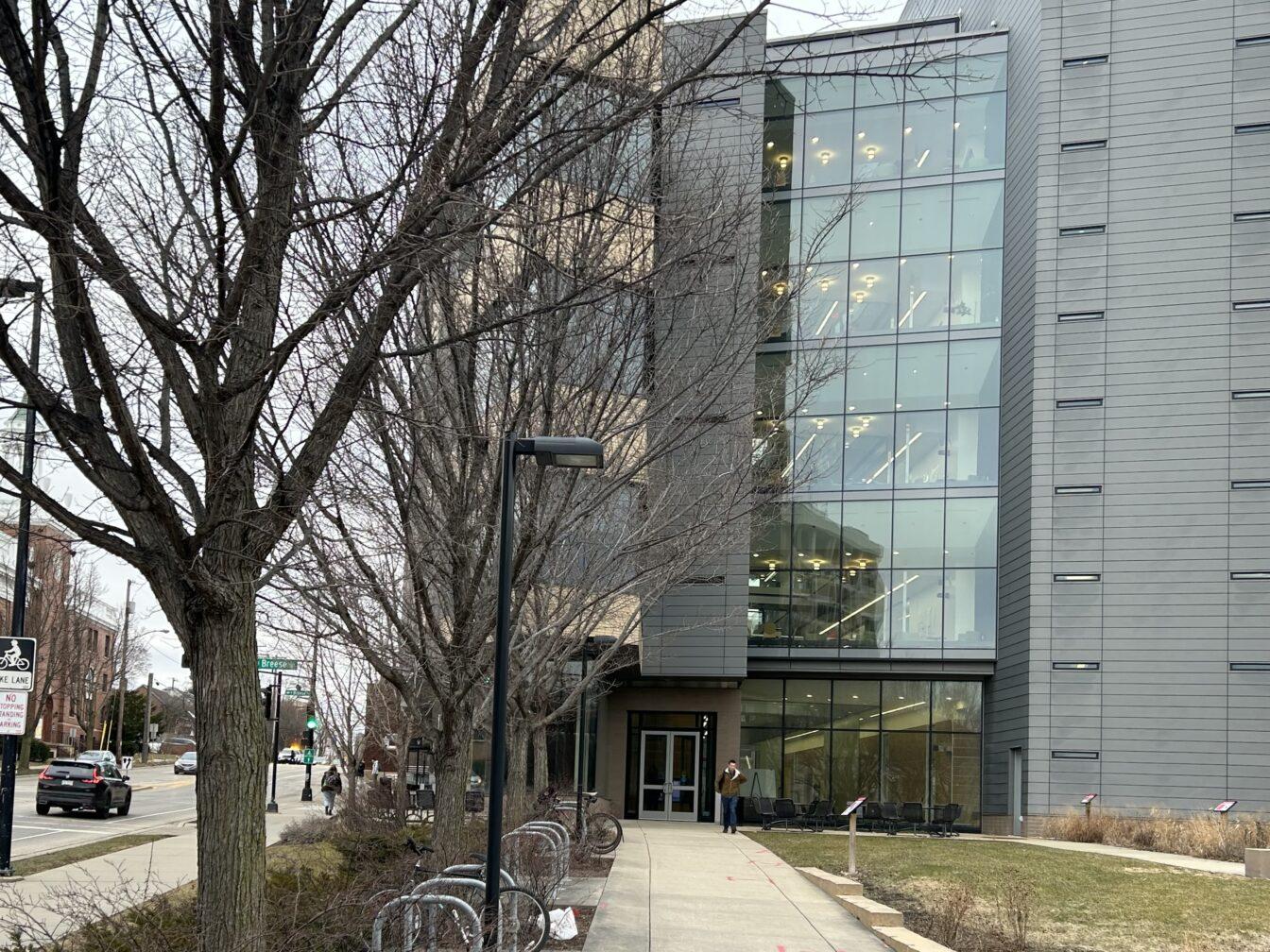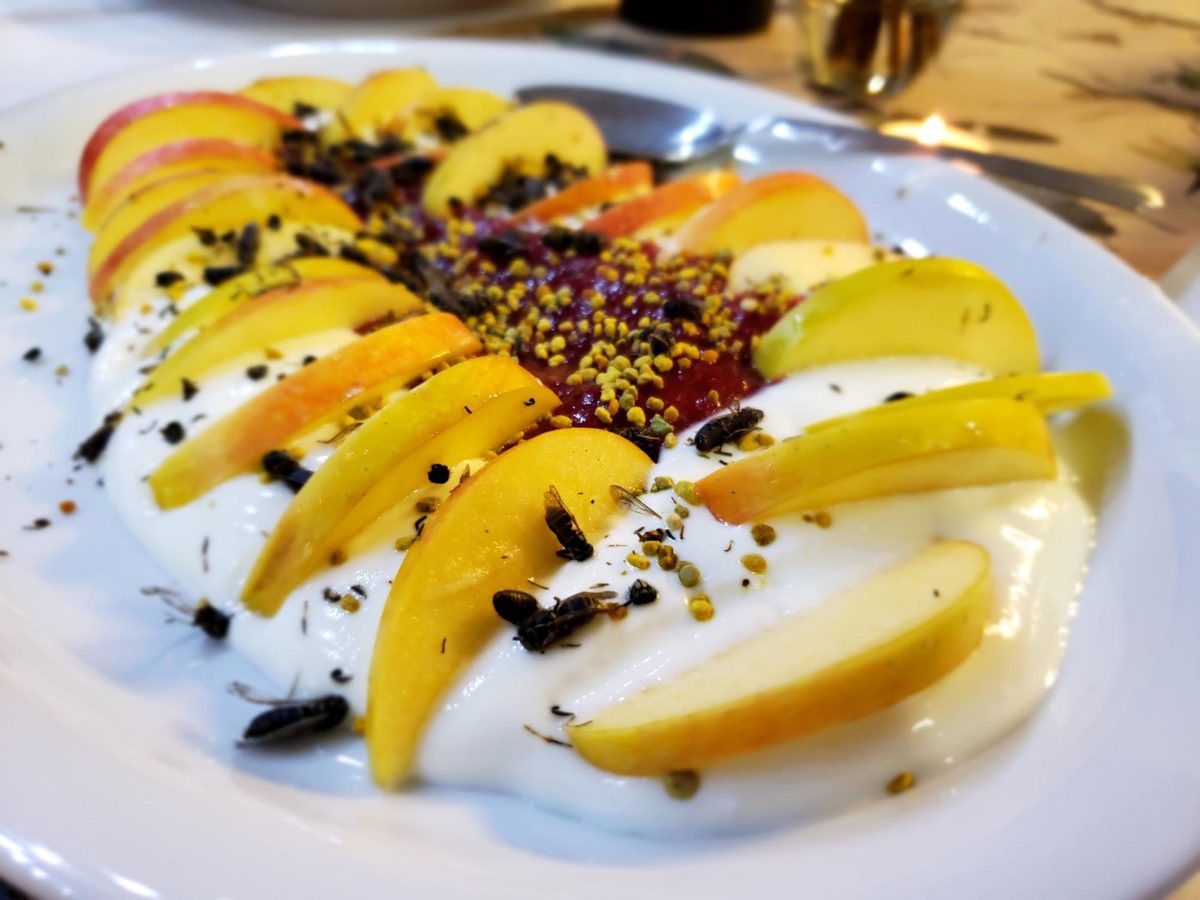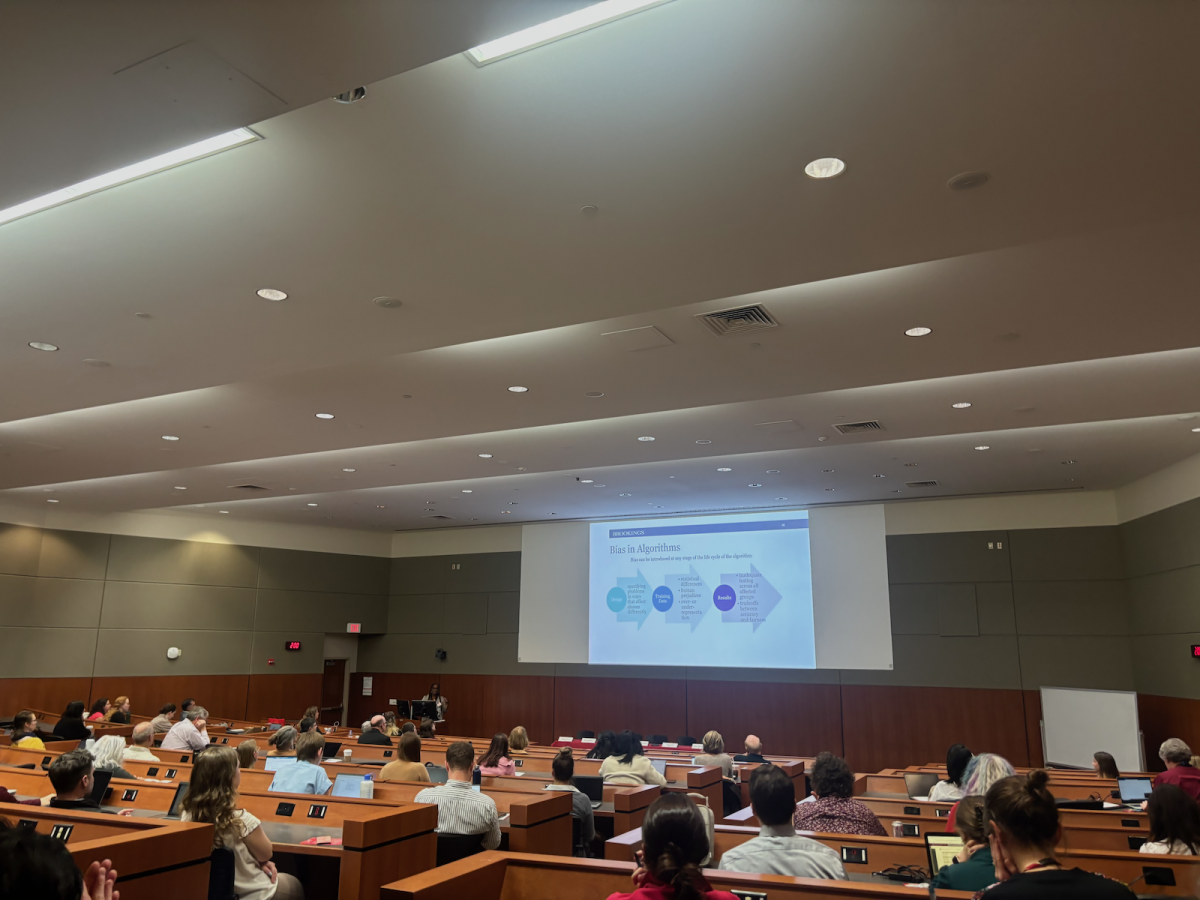Fish are friends… and so are sharks! University of Wisconsin researchers at the LeBeau Lab use sharks as a valuable and unique model for antibody treatment as a targeting agent for cancer and viruses, including COVID-19.
Aaron LeBeau, a UW Carbone Cancer Center associate professor in pathology, laboratory medicine and radiology, recently published a study that found shark antibodies to be highly effective in neutralizing COVID-19.
With the latest guidance by the Food and Drug Administration to halt use of the antibody treatments Regeneron and Eli Lilly against the omicron variant, LeBeau’s findings point to the potential of shark antibodies as effective alternatives.
“We have data showing that they work against the omicron variants,” LeBeau said. “It’s possible the shark antibodies can save us from the current pandemic and future pandemics because you never know how long this might go on for.”
UW dairy science research aims to support Wisconsin dairy farms
Gihan Gunaratne, a postdoctoral researcher at the LeBeau Lab, is one of the lead researchers of the COVID-19 antigen project.
By targeting the coronavirus spike protein, the shark antibodies have been shown to neutralize the COVID-19 virus in cell cultures and demonstrate a potency that rivals currently available monoclonal antibody treatments, Gunaratne said. The results are promising for general coronavirus treatments.
“Most interestingly is that it seemed to show potential for sort of broad-spectrum coronavirus neutralization,” Gunaratne said.
Antibody research in sharks is unique — not only to Wisconsin, but also to the world, LeBeau said.
While LeBeau has been working with antibodies to target proteins on the surface of cancer cells for the past two decades, only recently did he begin research in sharks. LeBeau previously studied alpacas at the University of Minnesota, which have a similar antibody structure to sharks, LeBeau said.
Shark antibodies resemble human antibodies to a very high degree, Lebeau said. If injected into a person, human immune systems may not even reject it as foreign. For this research to reach clinical trials, shark antibodies will likely have to be modified in a few areas to be more human, LeBeau said.
Before coming to UW, LeBeau and current PhD student Joseph Gallant initially joked at the prospect of shark research, but discussion around the untapped potential in shark antibodies in treating cancer led to an email where LeBeau inquired about sharks at the aquarium of the Mall of America. While those sharks weren’t open to research purposes, LeBeau was eventually recruited to UW, where a shark tank swimming with baby nurse sharks was built for the lab.
Working alongside the sharks in their research has been a valuable and surreal experience for UW researchers. Gunaratne said it’s really inspiring to be at the forefront of such a fascinating platform for biotechnology.
UW research suggests more complicated link between plankton, clouds than originally thought
“It’s a lot of fun handling the sharks and then it’s very rewarding working with actual research products as well,” Gunaratne said.
One project the LeBeau Lab is working on is building a library of shark antibodies.
By immunizing and injecting the sharks with an antigen of some cancer or infectious disease, the antibody producing cells are collected and used for different purposes, Gallant said.
“[We are] harnessing the experimental process of the shark and mounting an immune response,” Gallant said. “From that, we’re able to develop libraries of antibodies that can be used against a wide, wide variety of antigens that won’t just be limited to the first set of experiments.”
Generating coronavirus antibodies will continue ongoing research in creating a diverse library, Gunaratne said. As the lab expands, more sharks will also be dedicated toward targeting cancer antigens.
One major difference in shark animal models is that the research happens non-invasively. Male nurse sharks, the preferred species at the lab due to their docile nature, live up to 25 years and continuously wash out old antibodies over time.
“The sharks swim around happily, they eat seafood and have a pretty good lifestyle,” LeBeau said.
Greater risk to COVID-19 associated with genetics, systemic factors
A new facility at UW supporting LeBeau’s research will be five times the size of the current shark lab, increasing the capacity for more sharks and further research.
The new dedicated lab space is provided by the UW and philanthropic donors. Funds have come from Andy North and Friends, among other donors at the UW Carbone Cancer Center.
“The continued support from the university is really what’s blown me away,” Gallant said. “We feel really encouraged to develop our research and expand it here.”
The research conducted at the LeBeau Lab offers a glimpse into the potential of untapped resources in the natural world. As an emerging branch of research, LeBeau said his lab provides novel approaches and insights to shark antibodies in exciting fashion.
Shark antibodies may provide a much-needed alternative when current treatments fail. At the end of the day, LeBeau said the lab’s goal is to give hope to those who have no hope.








